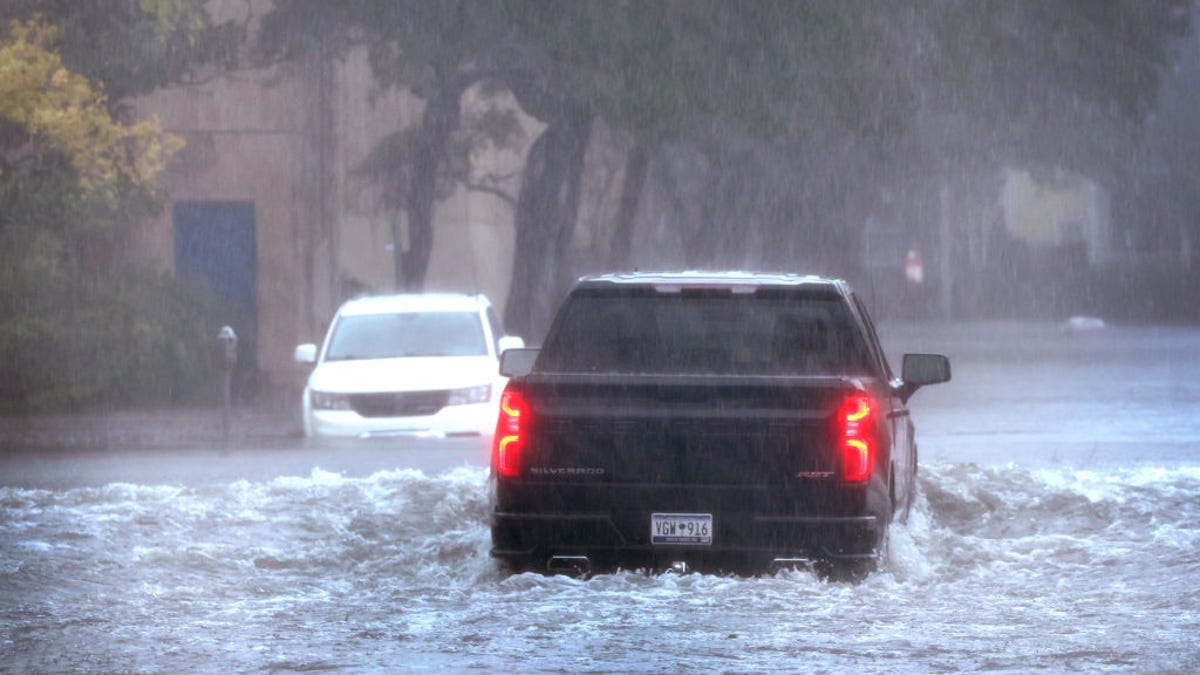CISA Warns of Hurricane-Related Scams
It's OK to want to help those in need, but be careful who you give your money to.

CISA says scammers are looking to take advantage of hurricane donors and victims.
It's understandable that people would want to help those affected by the recent hurricanes, but government officials say they need to be careful when they do.
The Cybersecurity & Infrastructure Security Agency is warning people to be on the lookout for Hurricane-related scams that could come in the form of unsolicited emails, or even a knock at their door. In addition to targeting those who might want to help, scammers also might go after actual storm victims, CISA says.
Hurricane Fiona tore through Puerto Rico and the Dominican Republic before landing on the shores of Canada as a tropical storm. Just days later, Hurricane Ian hit Florida and then South Carolina. Damages are expected to reach into the billions of dollars.
Cybersecurity experts say that big spikes in phishing emails and other scams almost always occur after headline-grabbing tragedies like these, as scammers look to take advantage of the public's willingness to give quickly without asking questions.
The emails will often pretend to be from legitimate charities raising money to help those suffering. Others might take the form of a romance scam, where those behind them will pretend to be beautiful women in need of money to either leave or rebuild their destroyed homes. Security researchers saw big spikes in both kinds of scams in the days following Russia's invasion of Ukraine.
They don't show up just as emails. Consumers also need to be wary of shady text messages, social media posts and even QR codes. Some scammers also might take a lower-tech approach and go door-to-door asking for money.
To avoid being scammed, experts say, it's best to give money only to established charities and to do that by going directly to their websites. Unsolicited emails and other messages should be ignored and attachments inside of them should never opened. They could contain computer viruses.
Consumers should be particularly careful when it comes to cryptocurrency. Though banks might be able to make you whole in cases of credit card fraud, the same doesn't go for crypto, which is designed to be largely anonymous and untraceable.
Once it's gone, it's gone. Never give the keys to your crypto wallet to someone you don't know.
CISA also encourages people who think they might be a victim of a scam to file a complaint with the FBI's Internet Crime Complaint Center.

